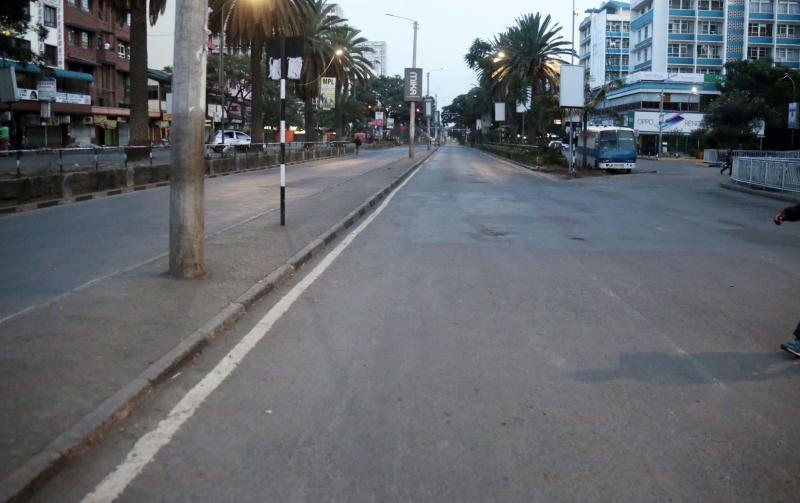×
The Standard e-Paper
Smart Minds Choose Us

Shopping malls, restaurants and recreational spots are bearing the heaviest brunt of the Covid-19 pandemic as the effect of restricting movement of Kenya’s population begins to hit home.
Data from technology giant Google indicates that customer traffic to restaurants, cafes, shopping centres, libraries and movie theatres in Kenya dropped by 45 per cent between March 8 and March 29.